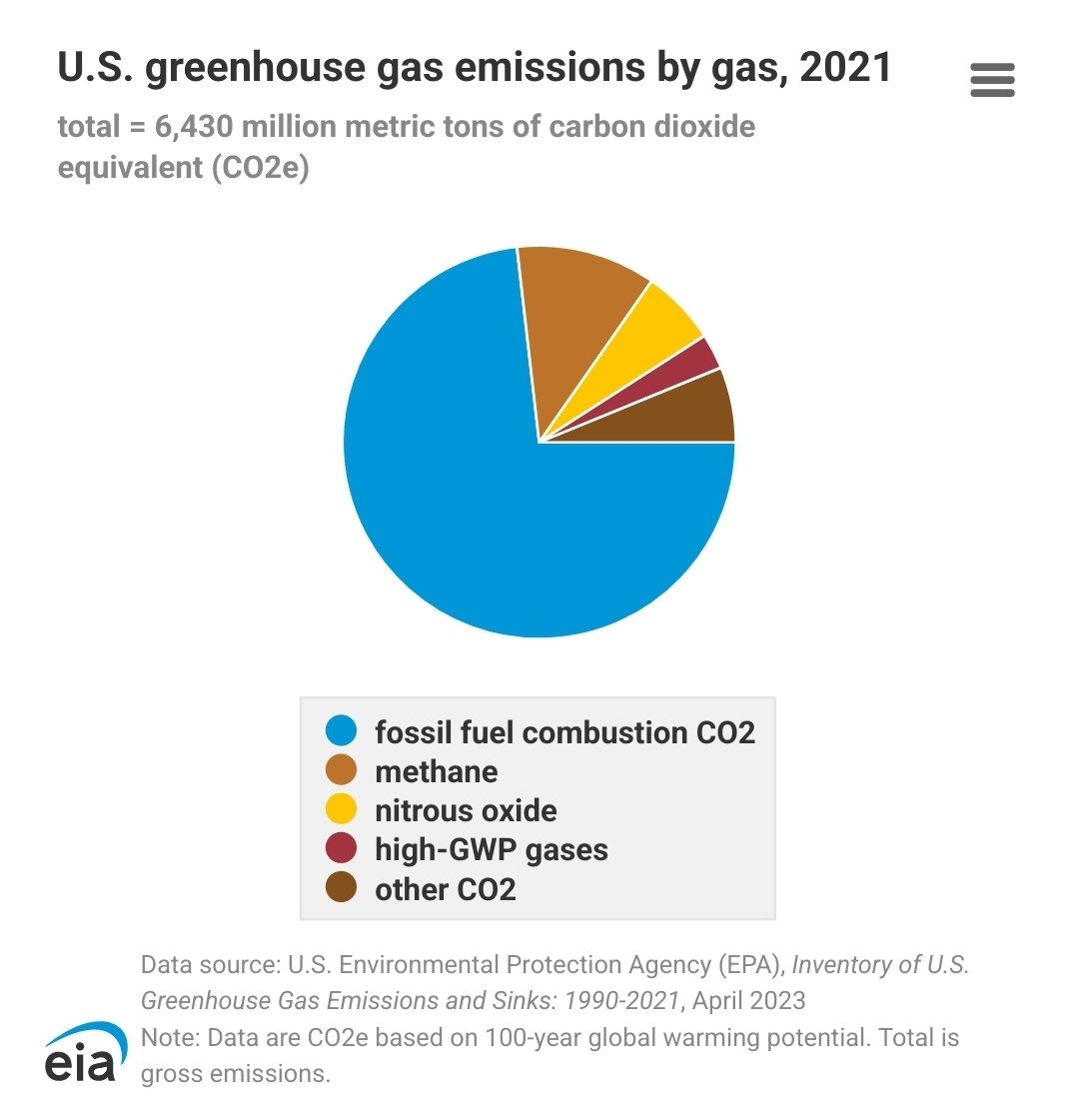this post was submitted on 28 Nov 2023
962 points (98.5% liked)
196
17265 readers
1834 users here now
Be sure to follow the rule before you head out.
Rule: You must post before you leave.
Other rules
Behavior rules:
- No bigotry (transphobia, racism, etc…)
- No genocide denial
- No support for authoritarian behaviour (incl. Tankies)
- No namecalling
- Accounts from lemmygrad.ml, threads.net, or hexbear.net are held to higher standards
- Other things seen as cleary bad
Posting rules:
- No AI generated content (DALL-E etc…)
- No advertisements
- No gore / violence
- Mutual aid posts require verification from the mods first
NSFW: NSFW content is permitted but it must be tagged and have content warnings. Anything that doesn't adhere to this will be removed. Content warnings should be added like: [penis], [explicit description of sex]. Non-sexualized breasts of any gender are not considered inappropriate and therefore do not need to be blurred/tagged.
If you have any questions, feel free to contact us on our matrix channel or email.
Other 196's:
founded 2 years ago
MODERATORS
you are viewing a single comment's thread
view the rest of the comments
view the rest of the comments

Except the climate change contribution of all agriculture combined is only a fraction of that caused by fossil fuels.
A lot of agriculture is driven by fossil fuels though. Or, more specifically, fossil fuels in energy and transportation, as well as in fertilizer production.
Probably more so for fruit and vegetables than meat though, crops require diesel farm equipment in virtually every aspect of their production, whereas animals are self propelled
Well except that we first need to use all the sane diesel farm equipment to grow soy and corn crops that we can then feed to those self propelled animals.
In most of the westernised supply chain livestock animals don't get to propel themselves very far anyway. Where once farmers would drive cattle to market on hoof, now they litteraly drive them in a truck.
Depends where you live, the cattle and sheep where I live just wander around in the paddocks and eat grass for the most part.
Besides, cattle trucks are public transport for cows anyway, very efficient.
That's a BIG part of the reason agriculture scores so high on this chart, yeah
I'm not saying that animal husbandry isn't contributing a lot to climate change, but compared to fossil fuels, it's absolutely miniscule.
I would love a source on this
A quick search failed to produce an article or study directly comparing the two, so I did each separately.
Source (source indicated under graph)
(source indicated under graph)
Livestock pretty much entirely contribute to climate change inherently via methane and incidentally via use of fossil fuel for transport and specialized machinery. If all of the latter went fully electric, that 14.5% could probably go down to 10% if not 5%..
To call 5 to 14.5% the equivalent of 73% is absolute lunacy that smacks of ideological bias, especially since you don't mention plant farming, which contributes a lot as well.
hmm, I didn't have any issue finding studies that compare the two; here's one:
https://www.colorado.edu/ecenter/2022/03/15/it-may-be-uncomfortable-we-need-talk-about-it-animal-agriculture-industry-and-zero-waste
Very much cherry picking data points here: nitrous oxide has a higher impact by volume, but the output is infinitesimal compared to CO² and other harmful substances involved in the extraction, processing and combustion of fossil to the point that it's still a TINY problem in comparison.
As for this part
That's just a flat out lie.
Source:
The problem I see here is that it measures greenhouse gas emissions, but not "net greenhouse gas emissions", which is much more important.
For example, "crop burning" contributes to the CO2 emissions short-term, but not long-term. Still they list it as "3.5%" of emissions.